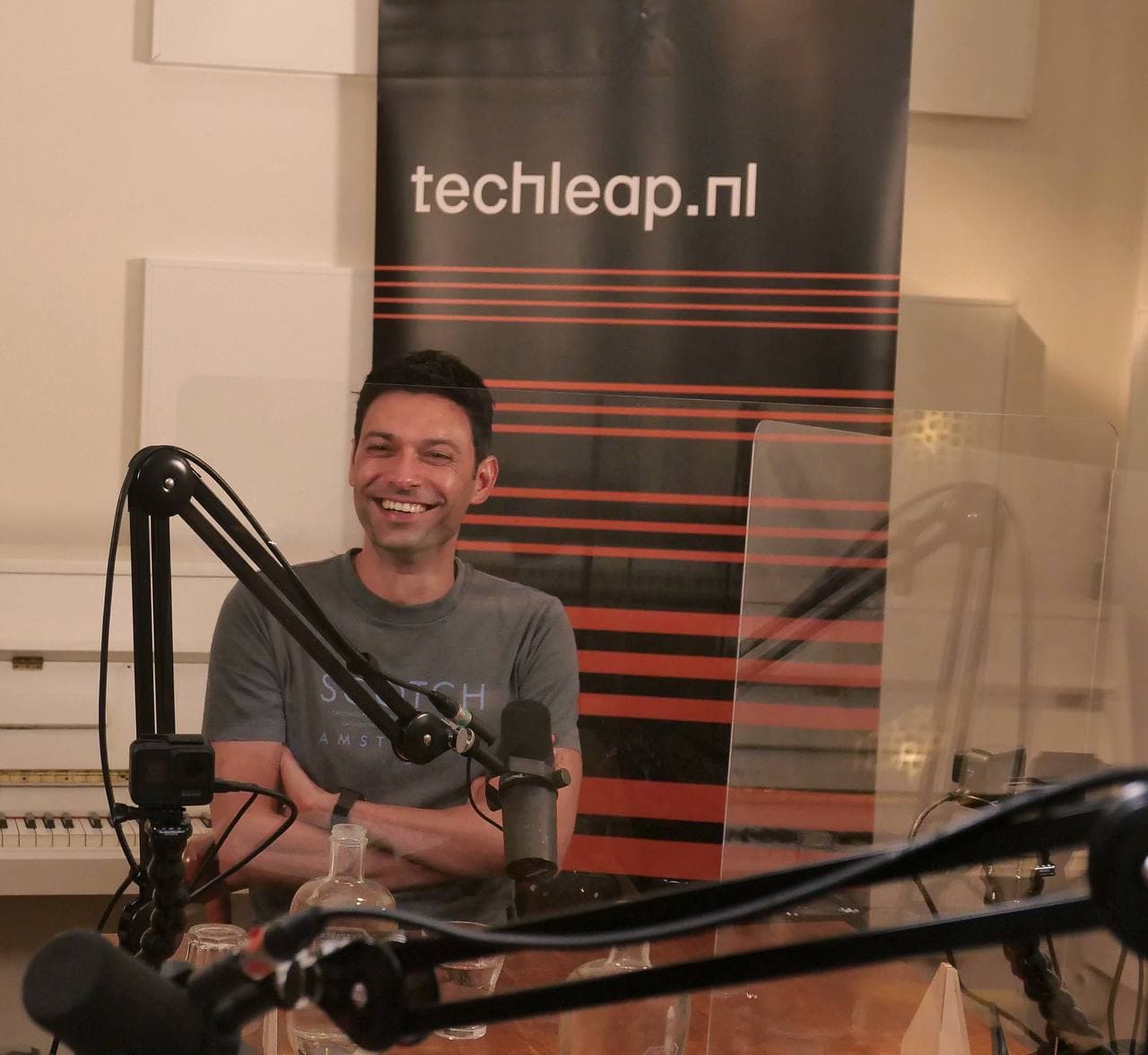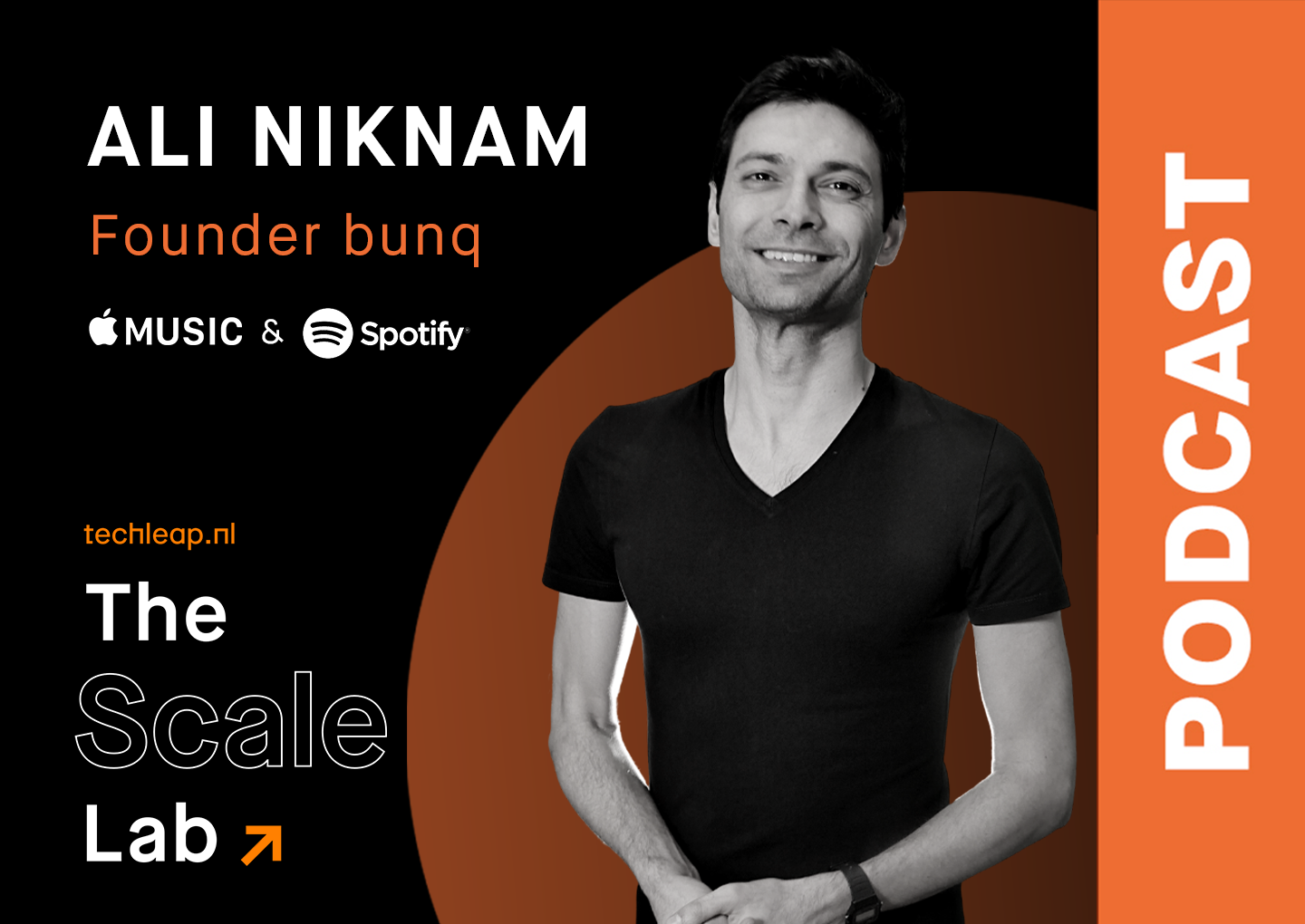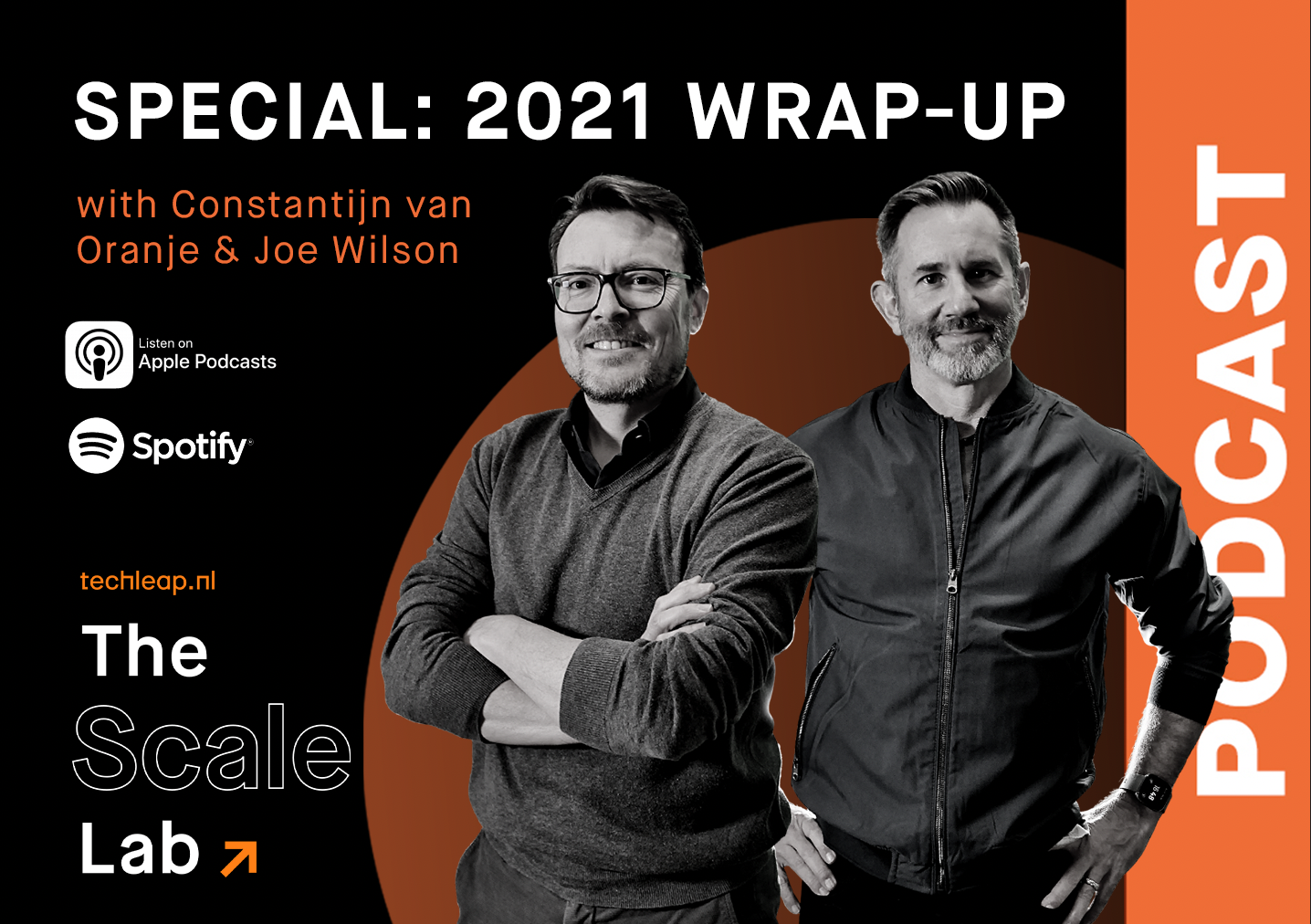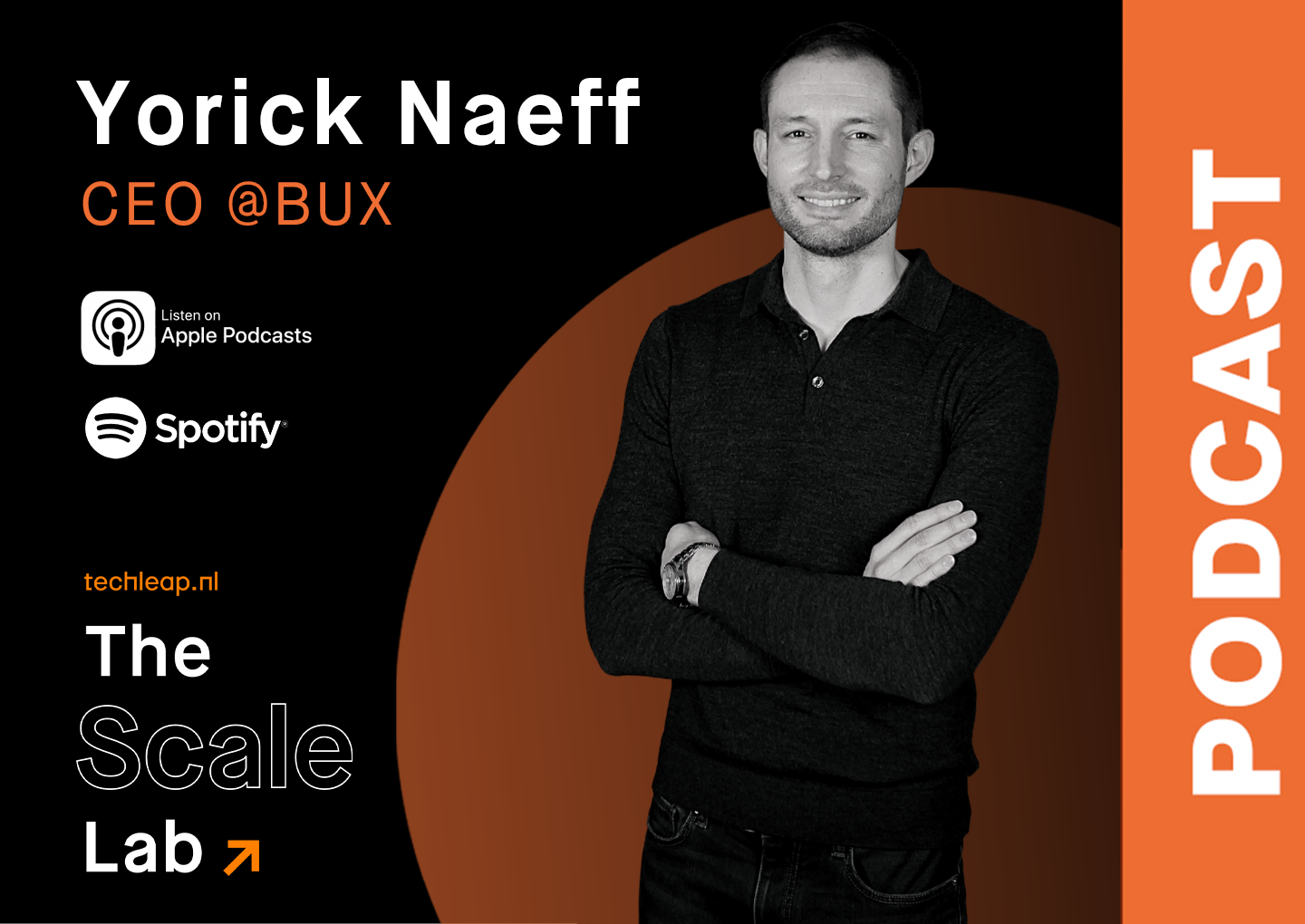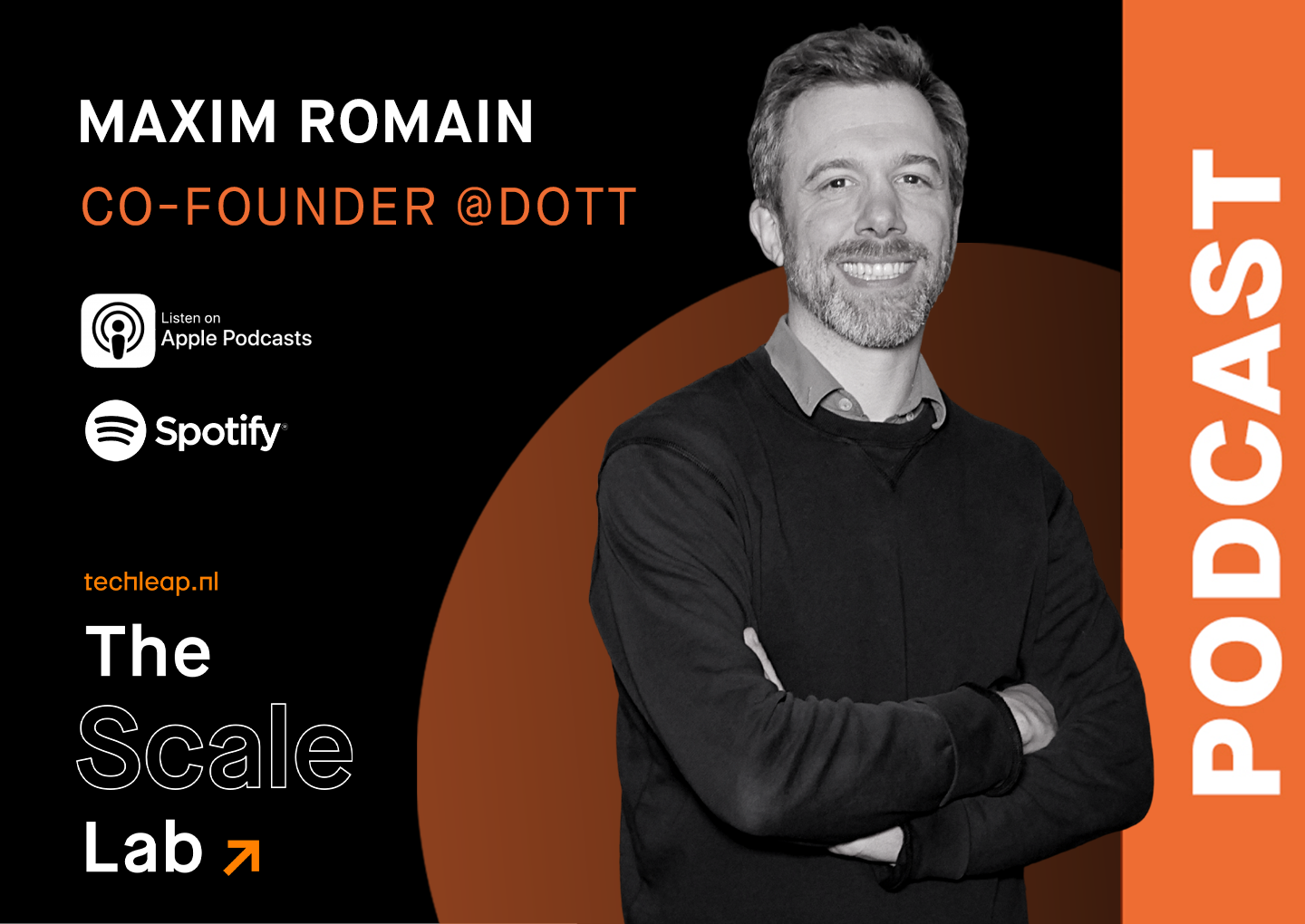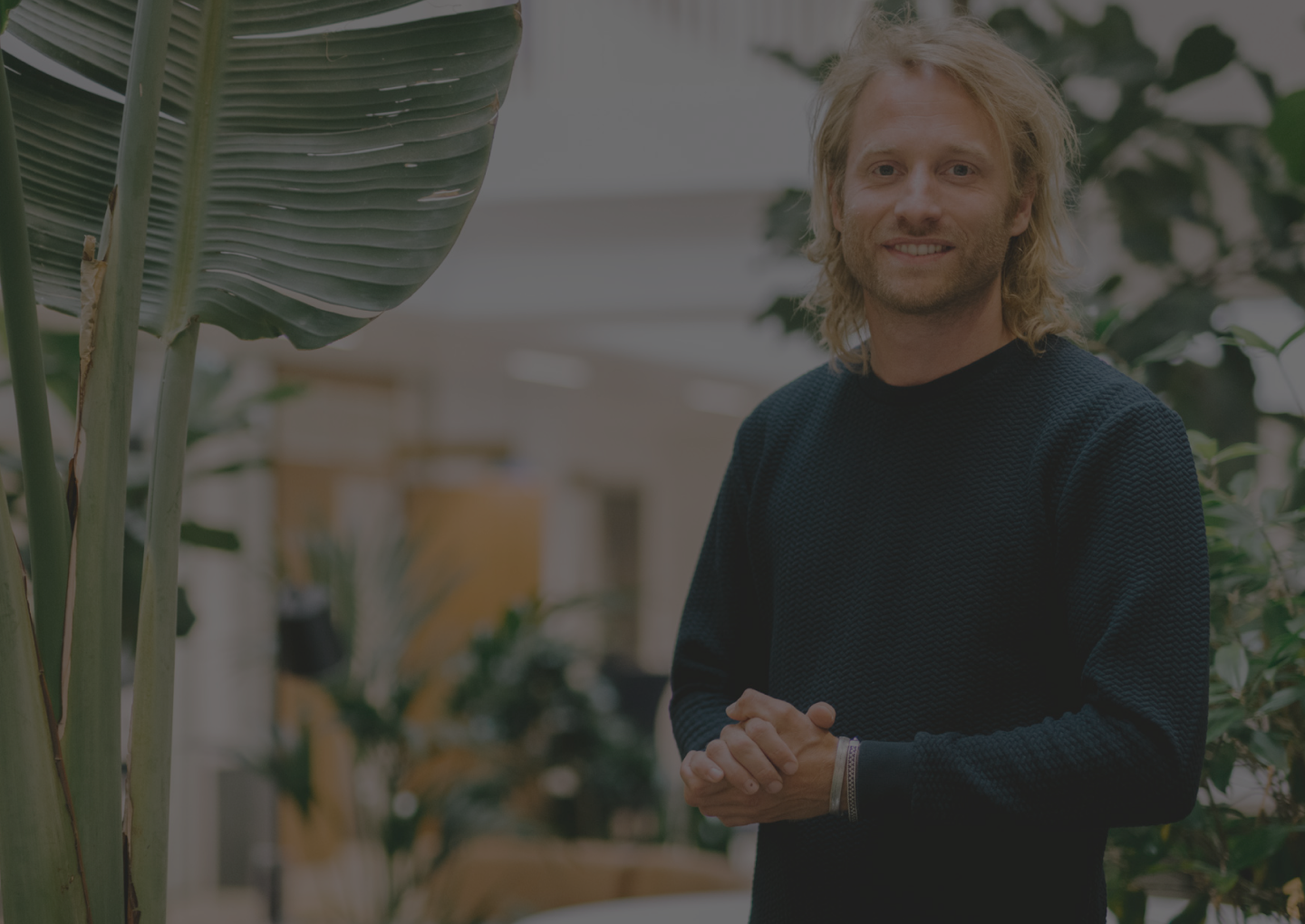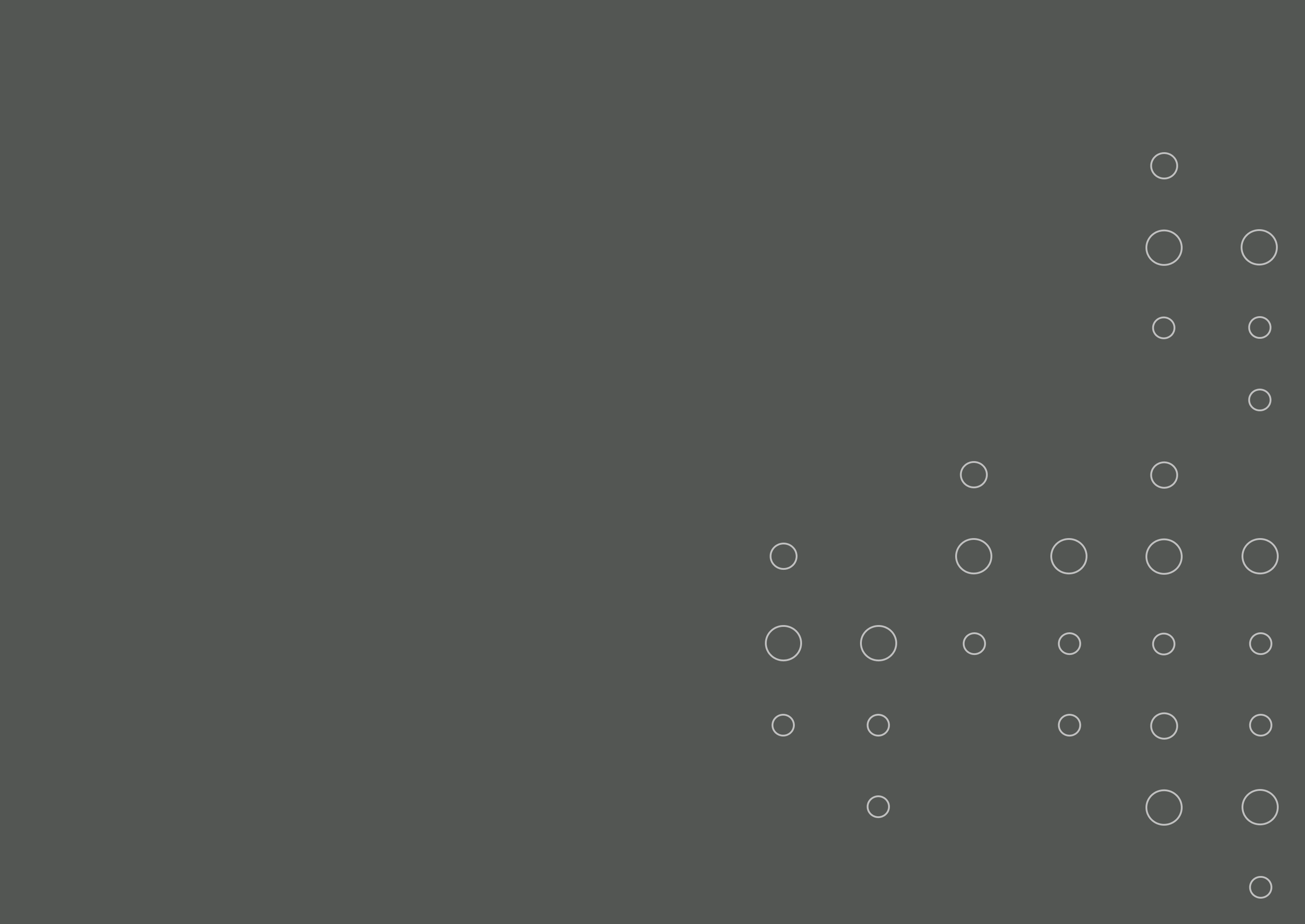00:02:21 - Ali - “And I look around and I see all these opportunities, how we can be better, better as humans, better as a world, better as a collective. And when that doesn't happen, that frustrates me”
00:08:17 - Ali - “I'm an engineer and I have an engineering mindset. When I see something is broken, I like to fix it.”
00:12:15 - Ali - “So if we create a product people love to use, they will be willing to pay a couple of euros. If we don't, they won't. So our business reality, our commercial existence is completely based on the fact that we make our users happy”
00:15:42 - Ali - “It is very rare for me to make a move for just one reason. I usually make a move that hits multiple goals at the same time.”
00:16:04 - Ali - “At the same time, for me, it was also an opportunity to try to get the Netherlands back on the world map again in that sense, because I felt that this country has so many great people, so much talent.”
00:30:27 - Ali - “I do think that if I had been more open to investors, we would have been more international than we are today.”
00:32:13 - Ali - “But I think at the beginning it's more healthy if people focus on the product-market fit and concern themselves mostly about users and about a healthy business model and then take on capital. So that's what we did at bunq.”
00:32:42 - Ali - “I think a part of our DNA is now set in stone, which is good user-centricity, the love for the product and attention to detail, and no investor can change that.”
00:41:35 - Ali - “I think bunq’s culture is very unique, especially to the Netherlands. It is a performance culture”
00:42:33 - Ali - “I think bunq is different. We don't care if you're imperfect, if you're really good at what you do, you can just do that.”
00:43:48 - Ali - “But I think once you get the best people in who know what they're good at and also know what they're not good at, they will organize themselves into a functional team.”
00:52:35 - Ali - “The easiest way to go to sh*t is by not focusing.”
